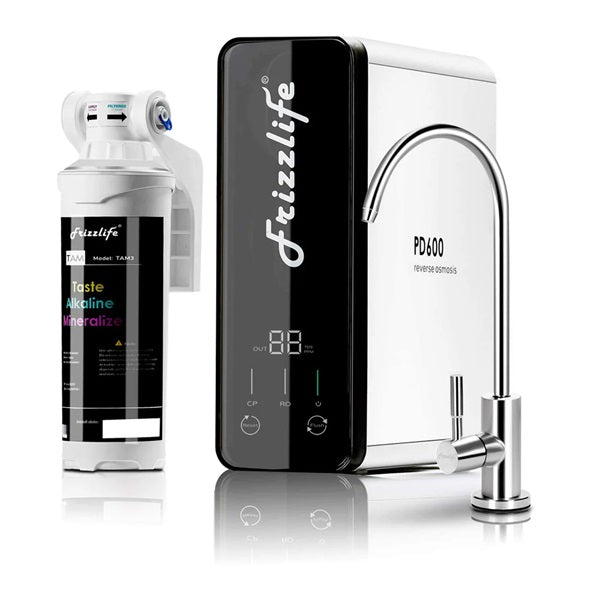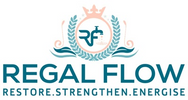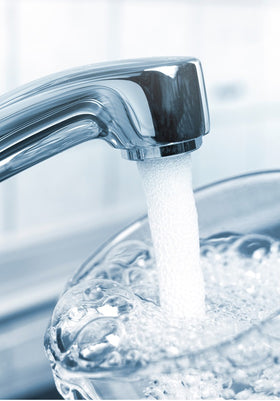
Cryptosporidium Outbreak
Cryptosporidium Outbreak in Devon: What You Need to Know
In recent weeks, a cryptosporidium outbreak has affected the Brixham area in south Devon, causing concern among residents and health authorities. Let’s delve into the details of this waterborne illness, its impact and what you can do to help avoid it.
What Is Cryptosporidium?
Cryptosporidium is a microscopic parasite that can cause gastrointestinal symptoms, including diarrhoea, stomach cramps, and nausea. It spreads through contaminated water sources, such as drinking water or recreational pools.
What are the risks of Cryptosporidium
Cryptosporidium poses several health risks, particularly affecting the gastrointestinal system. Here are the key risks associated with this parasite:
- Gastrointestinal Symptoms: Cryptosporidiosis primarily causes diarrhea, stomach cramps, and nausea. The symptoms can be severe, especially in individuals with weakened immune systems.
- Dehydration: Prolonged diarrhoea can lead to dehydration, which is a serious concern. Infants, young children, and the elderly are particularly vulnerable.
- Weight Loss: Chronic cryptosporidiosis can result in weight loss due to reduced nutrient absorption in the intestines.
- Immunocompromised Individuals: People with compromised immune systems (such as those with HIV/AIDS or undergoing chemotherapy) are at higher risk. Cryptosporidium can cause severe illness in these individuals.
- Persistent Infection: In some cases, the infection persists for weeks or months, leading to prolonged symptoms and discomfort.
- Waterborne Transmission: Cryptosporidium spreads through contaminated water sources. Drinking untreated water or swimming in contaminated pools can result in infection.
- Person-to-Person Transmission: Close contact with an infected person can also lead to transmission

Public Health Updates
Reverse osmosis water dispensers offer numerous benefits that make them the ultimate drinking water solution. Here are some key advantages:
- Boiling Water: Residents are advised to boil tap water until further notice to prevent infection.
- Investigation: South West Water is draining the Hillhead reservoir, where a faulty valve was identified as a possible source of the outbreak. The wider Alston area is also under investigation.
- Apology: SWW CEO Susan Davy expressed regret and assured that the company would continue working to resolve the situation.
More than 100 people have reported similar symptoms in addition to the confirmed cases. South West Water (SWW) has identified a damaged air valve on a pipe in a field containing cattle as a potential source of parasite entry. Consequently, around 16,000 homes and businesses have been issued boil water notices.
*Source BBC
The government has issued guidance on the parasite and how to avoid it. Here is a link to their advice: Government Advice on Cryptosporidium
The Case Against Tap Water: Why Filtered Water is a Better Choice
Tap water is a convenient and cost-effective source of drinking water for many households. However, there are compelling reasons to consider using filtered water instead, particularly in light of the Cryptosporidium outbreak. Despite the rigorous testing and treatment processes that tap water undergoes, various factors can compromise its quality and safety. Here’s why drinking tap water may not be as beneficial as opting for filtered water.
Contaminants in Tap Water
One of the primary concerns with tap water is the presence of contaminants. While water treatment facilities do a commendable job of removing many harmful substances, some contaminants can still make their way into the water supply. These include:
1. Chemical Contaminants: Tap water can contain traces of chemicals like chlorine, which is used for disinfection, and byproducts of this process such as trihalomethanes (THMs) that can pose health risks over time.
2. Heavy Metals: Lead, mercury, and arsenic are among the heavy metals that can leach into water from old pipes or industrial runoff. Even at low levels, prolonged exposure to these metals can have severe health implications.
3. Microorganisms: Despite disinfection efforts, bacteria, viruses, and parasites can occasionally be found in tap water. These pathogens can cause gastrointestinal illnesses and other health issues. Cryptosporidiosis, for example, is an illness caused by the parasite Cryptosporidium, which can be present in contaminated water and is resistant to standard chlorine disinfection.
4. Pesticides and Pharmaceuticals: Agricultural runoff can introduce pesticides into the water supply, and pharmaceuticals discarded improperly can also end up in tap water. These substances are not always effectively removed by standard water treatment processes.
The Benefits of Filtered Water
Filtered water addresses many of the shortcomings of tap water by providing an extra layer of protection against contaminants. Here are some benefits of using filtered water:
1. Improved Taste and Odour: Filters can remove chlorine and other substances that affect the taste and smell of water, resulting in a more pleasant drinking experience.
2. Reduction of Contaminants: High-quality water filters are designed to remove or reduce a wide range of contaminants, including heavy metals, chemicals, and microorganisms, making the water safer to drink.
3. Healthier Option: By eliminating harmful substances, filtered water can contribute to better overall health, reducing the risk of illnesses associated with contaminated water.
4. Environmental Benefits: Using filtered water reduces the need for bottled water, which in turn reduces plastic waste and the carbon footprint associated with the production and transportation of bottled water
Types of Water Filters
There are various types of water filters available, each with its own set of advantages:
1. Activated Carbon Filters: These are effective at removing chlorine, sediment, and volatile organic compounds (VOCs). They are commonly used in pitcher filters and faucet-mounted filters.
2. Reverse Osmosis Systems: These systems are highly effective at removing a wide range of contaminants, including heavy metals, nitrates, and bacteria. They are usually installed under the sink.
3. Ultraviolet (UV) Filters: UV filters use ultraviolet light to kill bacteria and viruses, making them an excellent choice for ensuring microbiologically safe water.
4. Ceramic Filters: These filters are effective at removing bacteria and sediment. They are often used in portable water filtration systems.
5. Countertop Dispensers: Countertop water dispensers typically combine several filtration methods, such as activated carbon and reverse osmosis, to provide clean, filtered water. These units are convenient for home use as they can be easily installed on kitchen counters, offering a constant supply of purified water without requiring extensive plumbing modifications

Under Sink Reverse Osmosis System
Explore Our Complete Selection of Under Sink Reverse Osmosis Systems

Countertop Dispensers
Browse Our Entire Collection of Countertop Dispensers
Can we answer any questions for you?
We understand that you may have questions, especially if this is your first time purchasing a water upgrade system.. If you would like to speak with a member of our team about your own water upgrade, please call us at 0121 630 1130, use the WhatsApp icon, or email us at info@regalflow.co.uk



Leave a comment